Canada is calling for Russia to be suspended from the International Criminal Police Organization (Interpol), Prime Minister Justin Trudeau said on March 3.
Trudeau said Canada is working with other allies in support of the move amid Russia’s ongoing invasion of Ukraine.
“We’re supporting this because we believe that international law enforcement cooperation depends on a collective commitment to the Universal Declaration of Human Rights and mutual respect between Interpol members.”
Should the call to suspend Russia be heard, the country would lose access to the law enforcement organization’s network of investigative support and expertise shared among its 195 member countries.
When asked whether he would support discontinuing Russia’s participation in the G20 forum, Trudeau said Russia’s previous expulsion from the G8 in 2014, after its invasion into Crimea, demonstrates the value of such a countermeasure.
“The expulsion of Russia from the G8... demonstrates that there is value in the world’s leading democracies being together to work things out,” he said.
Trudeau noted that he has spoken with a number of G20 leaders about what the countries can consider in terms of “holding Russia to account or demonstrating concerns” while also “continuing to engage in a constructive way in the global economy.”
“This is a conversation we will have over many months as we look to the Fall for the G20 meetings. There are no hard and fast decisions yet, but certainly, it’s a reflection we need to have,” he said.
Meanwhile, Trudeau said Canada will create a new immigration pathway, the Canada-Ukraine Authorization for Emergency Travel, to allow more Ukrainians to come to Canada temporarily.
“This will eliminate many of the normal visa requirements, and it will be the fastest and safest way to come to Canada,” he said.
The agency is expected to have the extended pathway open for applications in 2 weeks. In the meantime, it continues to encourage Ukrainians to apply through all other programs, and their applications will be prioritized.
IRCC will implement a separate special family reunification sponsorship pathway for Ukranians with family members who are Canadian citizens or permanent residents. Details of this program will be announced “in the coming weeks,” according to the release.
Trudeau did not respond directly when asked if his government will declare the Russian ambassador to Canada and his staff to be persona non grata and expelled from the country, saying that such a decision will have to be made “in the best interests of Canada” and its allies.
“We’re, of course, looking at what our allies are doing, looking at what we need to do, to yes, send the strongest signals, but also be as effective as we can in pushing towards an end to this [invasion],” he said.
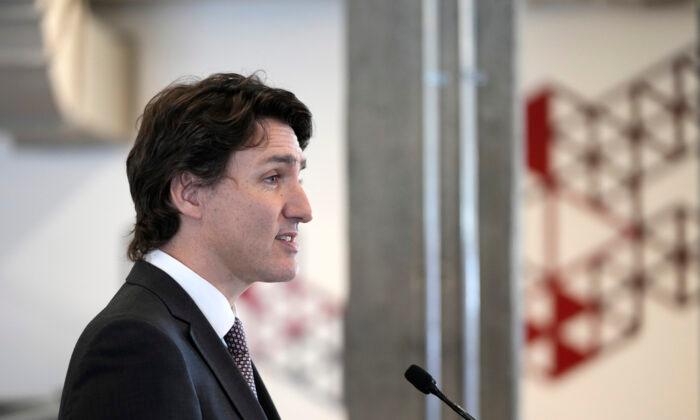

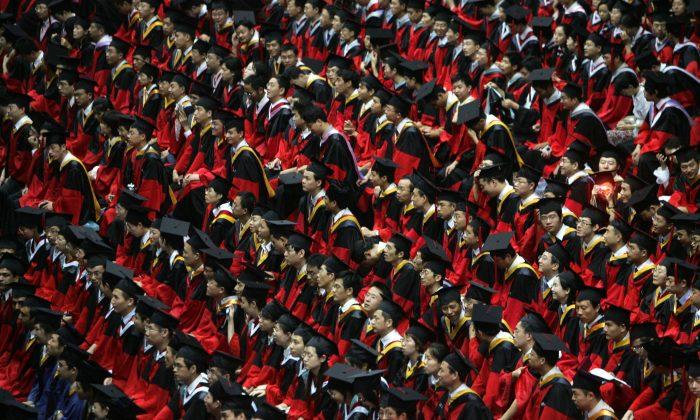
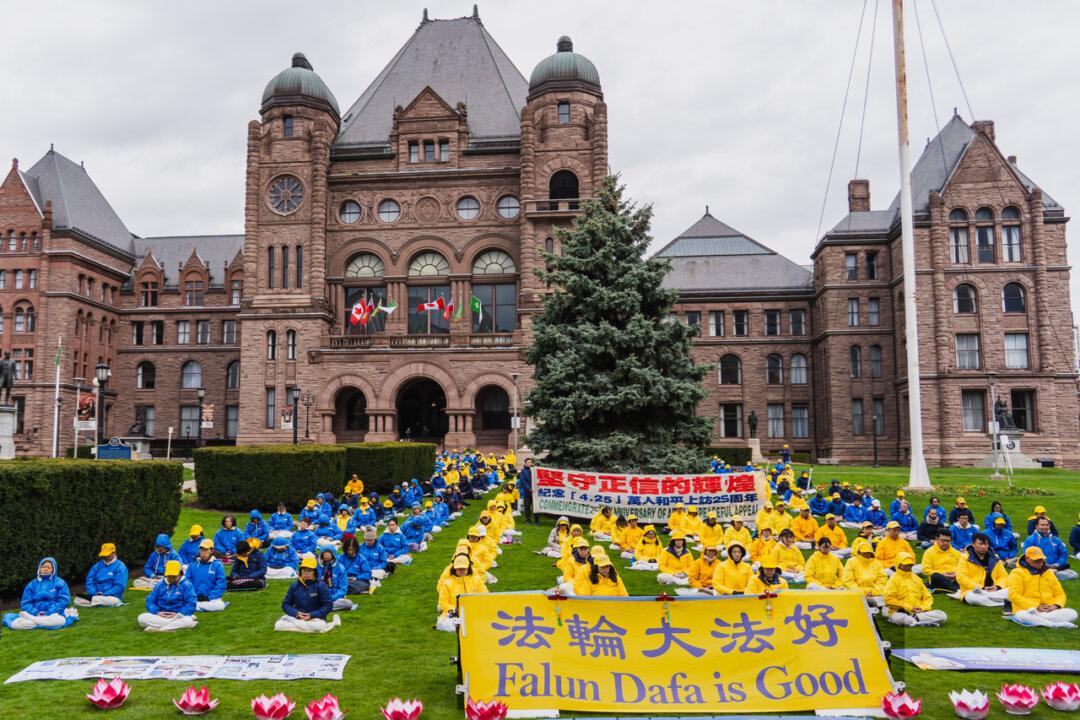
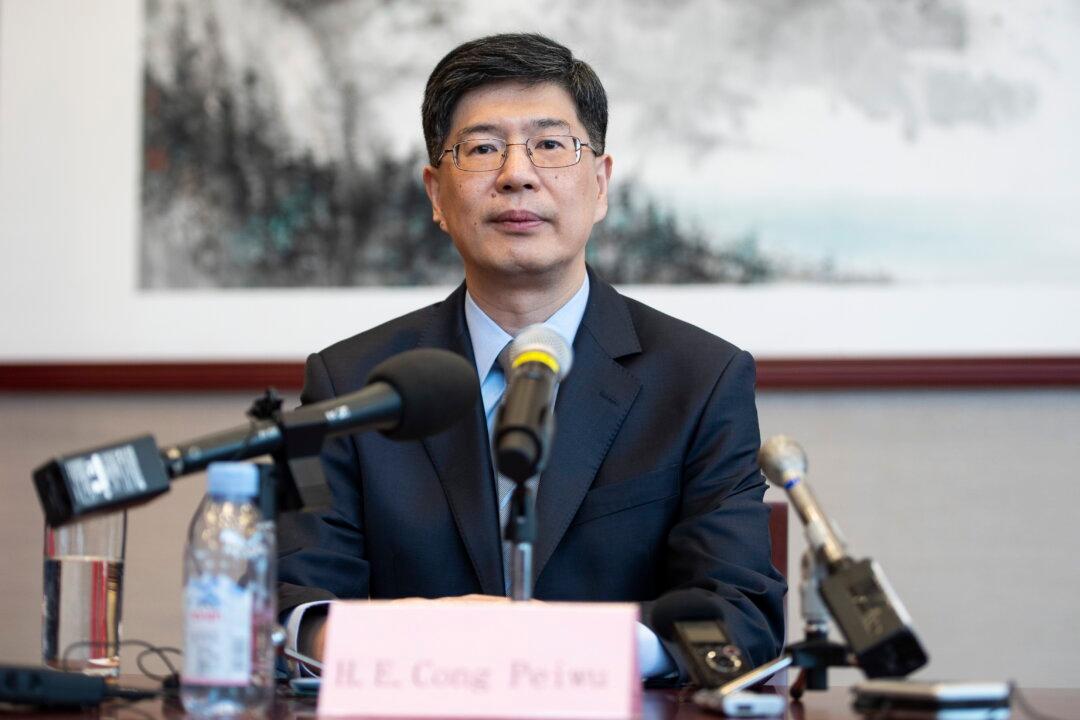
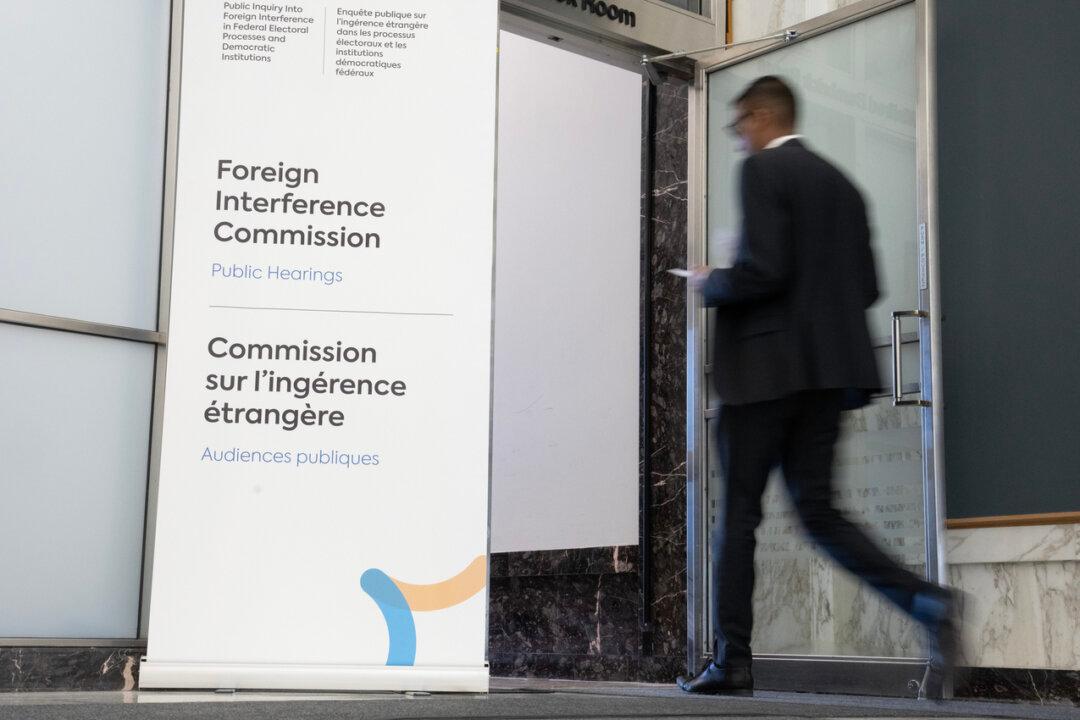
Friends Read Free